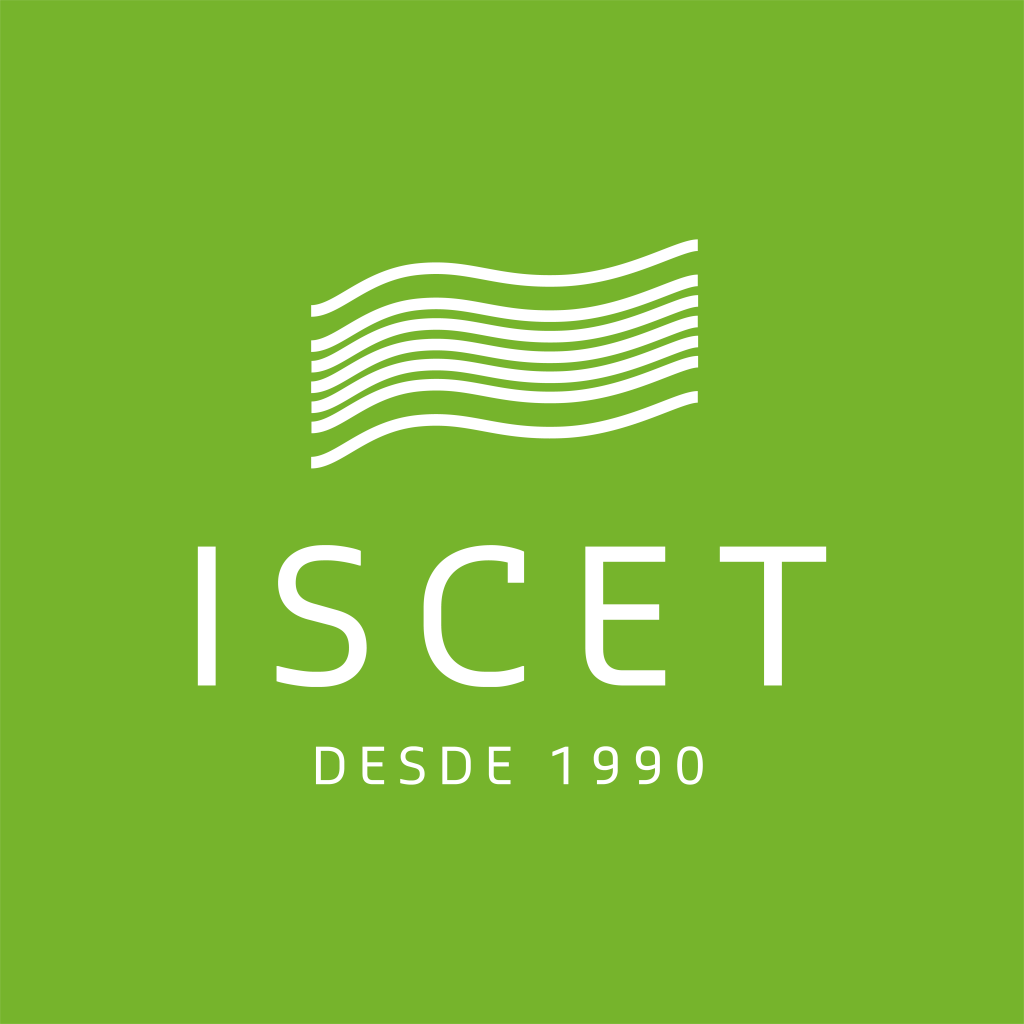Patrimónios AlO Contracto de Transacção: Breves Reflexões
Susana Lima1, Maria Celeste Aguiar Eusébio 
 2 and Maria do Rosário Partidário
2 and Maria do Rosário Partidário 
 3
3
1 Polytechnic Institute of Coimbra, Portugal
2 DEGEIT, Univeristy of Aveiro, Portugal
3 Instituto Superior Técnico, Universidade de Lisboa, Portugal
To cite this text:
Lima, S., Eusébio, M. C. A. & Partidário, M. R. (2010), Tourism International Development Cooperation: UNTWO Innovative Forms of Transferring Knowledge to Developing Countries, Percursos & Ideias, Vol. 2, pp. 79-90.
Abstract
Tourism represents an enormous potential for the reduction of poverty in developing countries, the underpinning objective of the eight Millennium Development Goals (MDG). In recent years commitment to tourism as a development strategy for the developing world has gained a renewed interest by governments and development organizations in the fulfilment of MDG. The idea of using tourism as a tool to alleviate poverty has been established as a major priority by donors, governments, NGOs, national and international tourism bodies, bilateral and multilateral institutions, like the United Nations World Tourism Organization (UNWTO), as is evidenced by the launching of programmes such as the ST_EP (Sustainable Tourism for Eliminating Poverty) and the UNWTO. Volunteers Programme. This paper intends to make a contribution to the theoretical framework related to the diverse perspectives about development cooperation in tourist destinations in developing countries, and to how can it be done in an innovative way.
Keywords
International development cooperation, Knowledge transfer, Poverty alleviation, Volunteerism, UNWTO.


